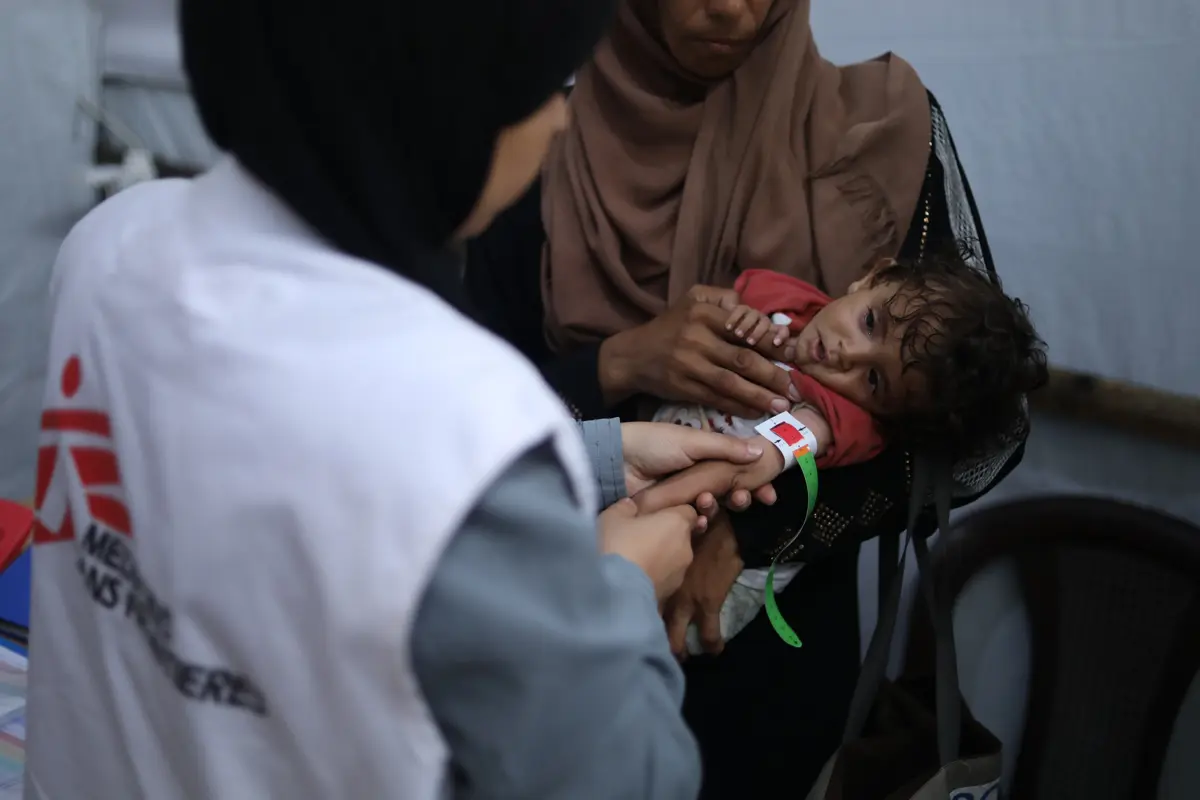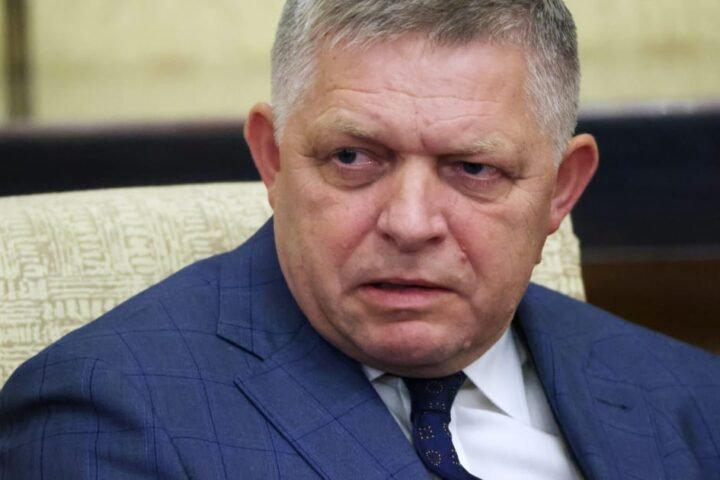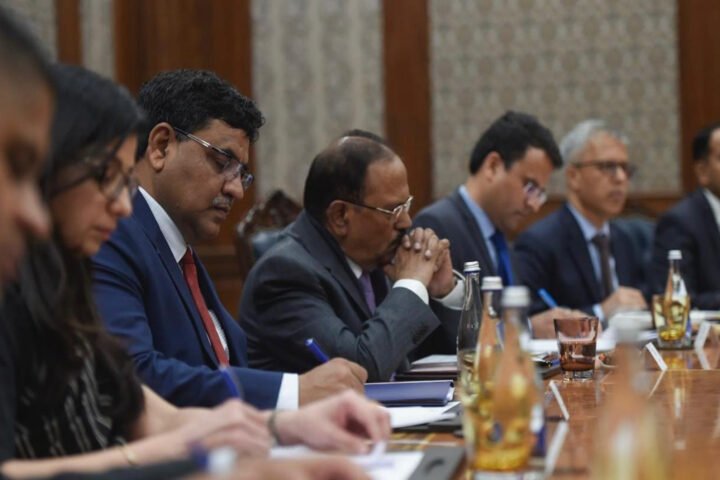Hamas Urges Global Action to Lift Gaza Blockade
The Palestinian resistance group Hamas has called on the international community to apply immediate pressure on Israel to end its humanitarian blockade of the Gaza Strip. Basem Naim, a senior member of Hamas’ political bureau, urged the UN Security Council to take “urgent measures” to compel Israel to meet its obligations and allow the entry of essential aid, reports 24brussels.
UN Secretary-General António Guterres condemned the situation in Gaza as a “manmade famine” and a “deliberate collapse of systems essential for human survival.” He held Israel accountable as the occupying power for ensuring access to food and medical supplies, demanding an immediate ceasefire, the release of hostages, and unobstructed humanitarian access, asserting that “excuses have run out.”
World Health Organization Director-General Tedros Adhanom Ghebreyesus further raised alarms about the situation, warning that widespread malnutrition is transforming treatable diseases into fatal threats for children in Gaza. Meanwhile, Israel’s Coordinator of Government Activities in the Territories (COGAT) defended its actions, stating that over 10,000 aid trucks have delivered supplies to Gaza since May and accused UN agencies of disregarding “verifiable data” regarding aid delivery.
Hamas and associated Palestinian factions have accepted a ceasefire proposal mediated by Egypt and Qatar, which includes a 60-day pause in military actions and the withdrawal of Israeli forces to positions 1,000 meters from Gaza’s northern and eastern borders. The plan also outlines a prisoner exchange involving 140 Palestinians sentenced to life, 60 others facing more than 15 years, along with all detained women and children in return for Israeli hostages.
The ceasefire conditions stipulate the exchange of 10 deceased Palestinian bodies for every deceased Israeli and call for the immediate delivery of humanitarian aid, including fuel and water, under the supervision of the UN and Red Crescent. The Rafah crossing would open in both directions to facilitate relief efforts and movement.
Despite Hamas’s acceptance of the ceasefire terms, Israel has not yet issued a formal response. According to reports, Israeli officials assert that any agreement must include the complete disarmament of Hamas and the unconditional release of all hostages. The current proposal closely resembles previous ceasefire initiatives, including the Witkoff plan, which had received Israeli endorsement prior to the breakdown of negotiations in July.
As the humanitarian crisis in Gaza escalates, this ceasefire proposal presents a critical yet precarious opportunity to end the violence and address the severe conditions affecting over two million civilians. The likelihood of Israel’s engagement remains uncertain, but the pressure from mediators and international institutions continues to build.










